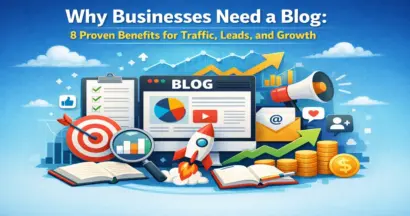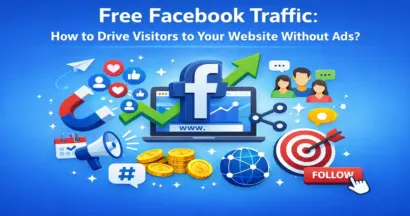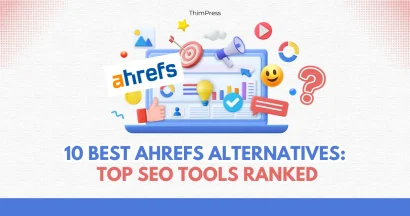Are you looking to elevate your online presence and drive more traffic to your website?
Understanding the intricacies of SEO marketing can significantly benefit your business. Search Engine Optimization (SEO) marketing is not just about inserting keywords into your content; it encompasses a comprehensive strategy that includes on-page, off-page, and technical elements. By optimizing your website for search engines, you can significantly improve your ranking in search engine results pages (SERPs), making it easier for potential customers to find you.
This blog will take you into the essentials of SEO marketing, its importance, various types, tactics, and when to consider hiring an agency to maximize your efforts.
Let’s dive in!
Eduma – Education WordPress Theme
We provide an amazing WordPress theme with fast and responsive designs. Let’s find out!
What is SEO Marketing?
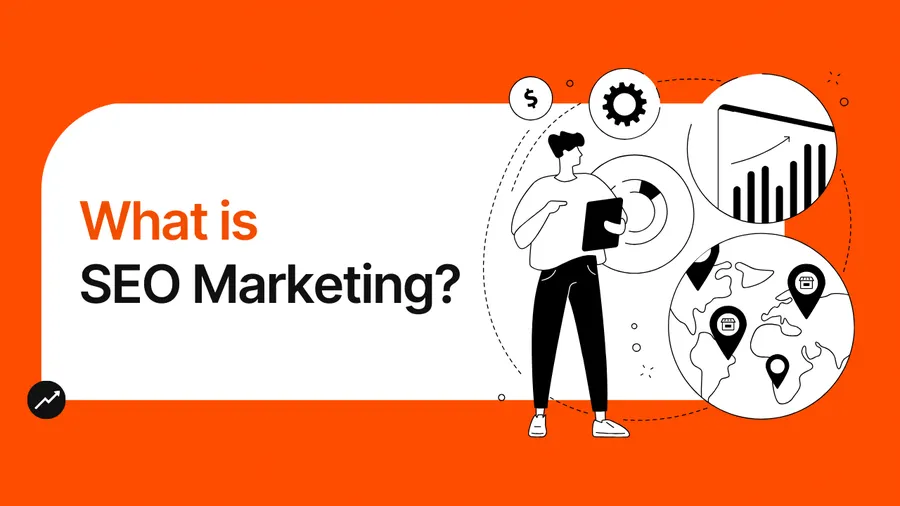
Search Engine Optimization (SEO) marketing involves website optimization for increased positioning in search engine result pages (SERPs) for relevant keywords. SEO practice contains three key elements:
- On-page SEO, which involves optimizing content, metadata, and URLs in relation to search intent for users.
- Off-page SEO, which involves creating external trust through earning backlinks and social shares.
- Technical SEO, dealing with site loading times, mobile-friendliness, and crawlability.
Search engines prefer websites offering high-quality, relevant content in addition to a friendly and speedy loading experience.
Why SEO Marketing is Important
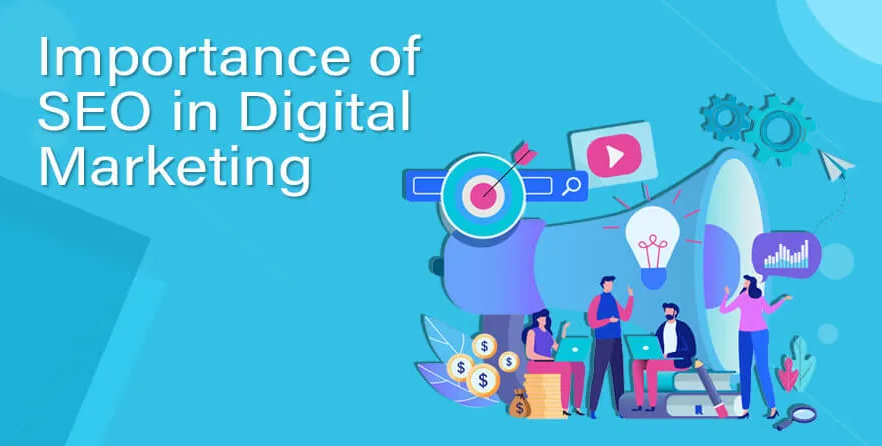
SEO is not just about rankings—it’s about visibility, trust, and growth. Here’s why:
1. Enhanced Visibility and Organic Traffic
- 59% of shoppers use Google before making a purchase.
- The top 3 search results capture 60% of all clicks (Backlinko).
- For small businesses, local SEO ensures they appear in “near me” searches, which drive both website traffic and in-store visits.
2. Cost-Effective, Long-Term ROI
Unlike PPC campaigns, SEO continues delivering traffic after the initial effort. A single optimized blog post can bring traffic for years.
3. Builds Authority and Trust
Websites on Google’s first page are seen as credible and reliable. High-quality backlinks, expert content, and consistent updates reinforce this authority.
4. Better User Experience
SEO isn’t only about search engines—it’s about users. Faster websites, intuitive navigation, and mobile optimization reduce bounce rates and increase conversions.
3 Types of SEO Marketing
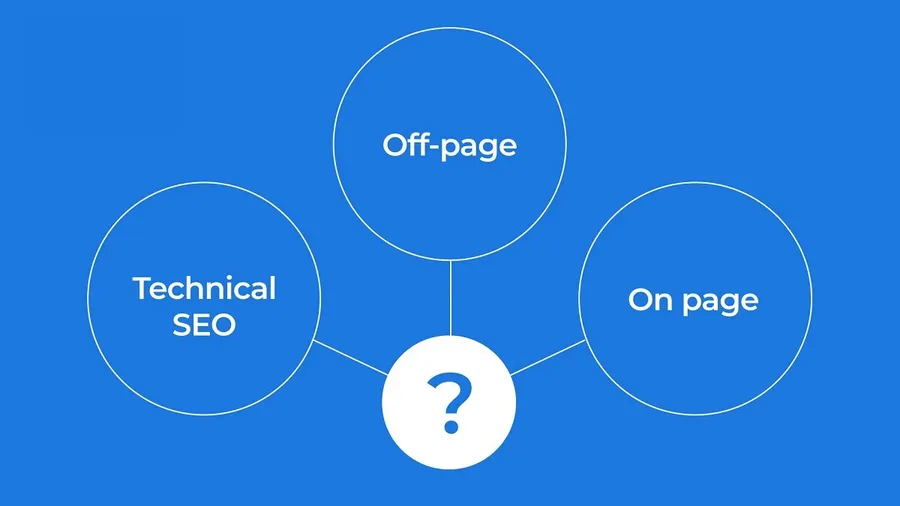
- On-Page SEO
It involves optimizing website content to make it search-engine friendly. Some of its key aspects include:
- Content Optimization: This involves developing high-value, useful, and informative content that targets user intent and naturally integrates relevant keywords.
- Keyword Research: This involves discovering terms and phrases that searchers use when searching for a service or product with your organization.
- Title Tags and Meta Descriptions: This involves creating catchy and concise descriptions in Search Engine Result Pages (SERPs), inviting visitors to your website.
- Header Tags: This practice involves the proper use of headings (H1-H6) in a manner that organizes information and identifies key points.
- Optimizing Images: This involves enhancing images with relevant file names and alternative text, contributing both to usability and search engine comprehension.
- Optimizing URLs: This involves developing simple and meaningful URLs that can easily be understood both by search engines and visitors.
- Internal Linking: This practice involves connecting relevant web pages on your site for ease of use and effective distribution of link equity.
- Off-Page SEO
Off-page SEO involves actions taken off your website to strengthen your website and its content’s position and credibility in the eyes of search engines. It consists of:
- Backlink Building: Securing high-value links with high-profile websites to enhance your website and its content’s credibility, to get a boost in search engine listings.
- Social Media Marketing: Sharing your contents and communicating with your followers through social networks to raise your website and name’s awareness and subsequently get more visitors onto your site.
- Mentions of Your Brand: Monitoring and controlling mentions of your name, even indirectly, to raise your name and brand’s awareness and renown.
- Influencer Marketing: Engaging in a collaboration with influencers in your niche to get your target base increased and your name upgraded to buzzword level
- Technical SEO
Technical SEO involves technical aspects of your website that make search engines comprehend and rank your website. Some key ones include:
- Website Speed: Optimizing your website’s loading speed to improve user experience and search engine rankings.
- Mobile Friendliness: Ensuring your website is responsive and provides a seamless experience across all devices, including smartphones and tablets.
- XML Sitemap: Creating and submitting an XML sitemap to help search engines discover and index your website’s pages.
- Robots.txt: Using a robots.txt file to control which pages search engines can crawl and index.
- Structured Data: Implementing structured data markup to provide search engines with more information about your website’s content, improving its visibility in SERPs.
- HTTPS: Securing your website with HTTPS for increased search engine ranking.
4 SEO Marketing Tactics
1. Keyword Research: Know What Your Audience is Searching For
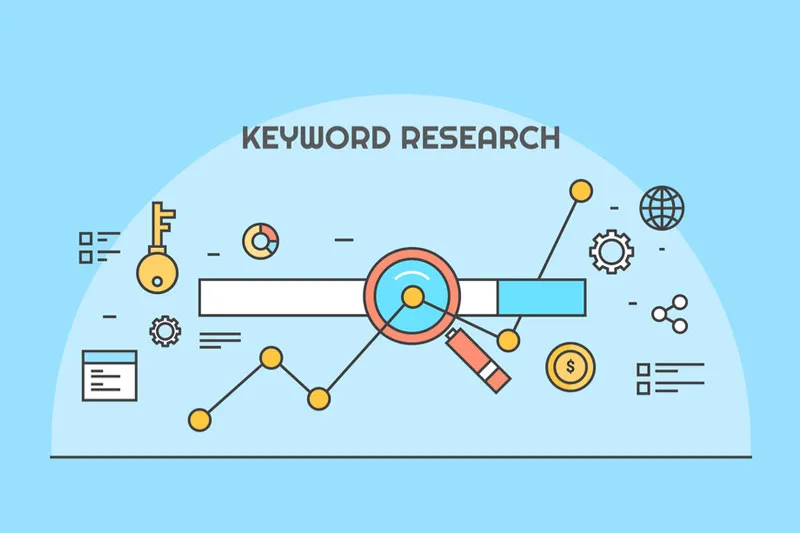
Start by digging into the phrases your target audience types into Google. Use free tools such as Google Keyword Planner and Ubersuggest to discover keywords that most people search for and have little competition. Opt for long-tail keywords (e.g., “best running shoes for flat feet” and not “running shoes”)—they have less competition and draw in more interested visitors. Always ask, “Does this keyword align with what my audience needs?”
2. Competitive Analysis: Spy (Ethically) on Your Rivals
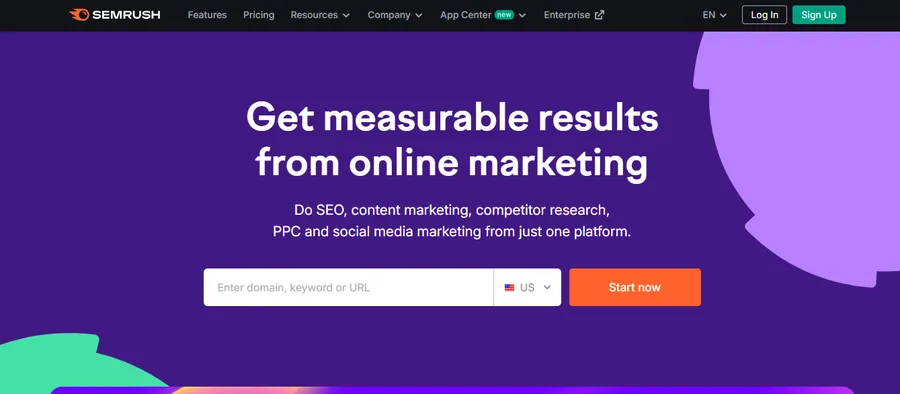
Check out competitors ranking high for your target keywords. Use tools like Ahrefs or SEMrush to see their top-performing content, backlinks, and gaps in their strategy. For example, if they rank for “organic skincare for sensitive skin” but haven’t covered “vegan organic skincare,” create better, more detailed content on that topic. Learn from their wins and mistakes instead of reinventing the wheel.
3. Active Link Building: Earn Authority, Don’t Beg for It
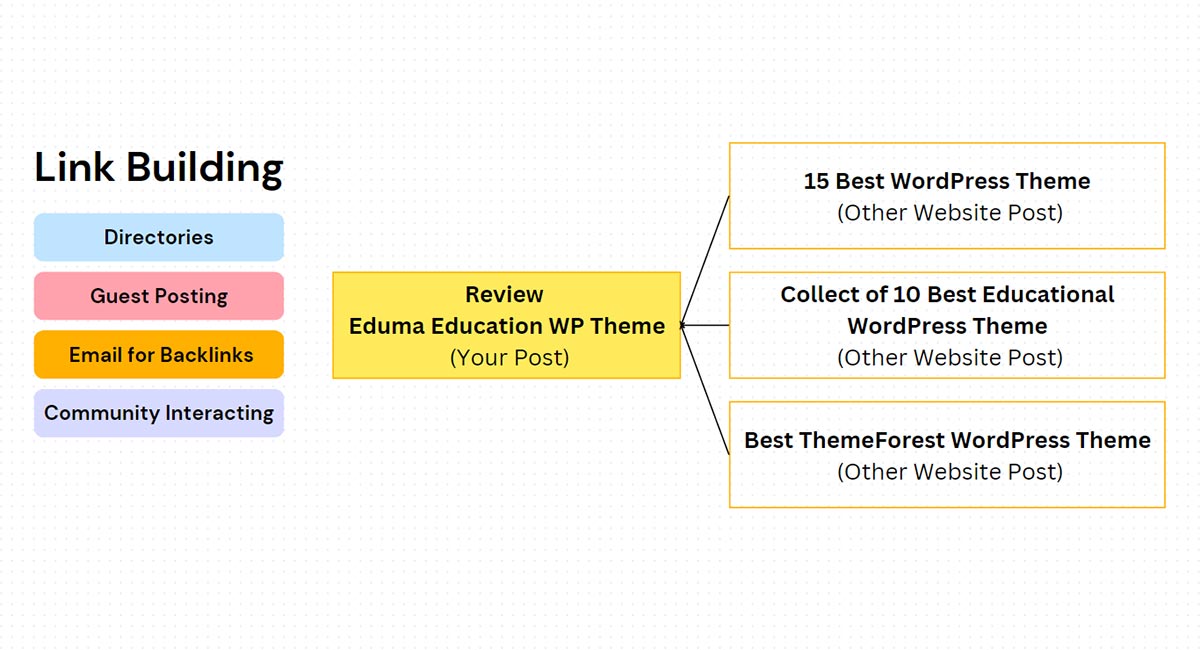
Quality backlinks from reputable sites signal to Google that your content is trustworthy. Instead of buying links, try tactics like:
- Writing guest posts for niche blogs (e.g., contributing to a fitness site if you sell yoga gear).
- Creating “link-worthy” resources (e.g., free tools, in-depth guides).
- Reaching out to bloggers/journalists to cover your data or insights.
Pro tip: Fix broken links on other sites by suggesting your content as a replacement—this works surprisingly well.
4. Image Optimization: Don’t Let Slow, Bloated Images Hurt You
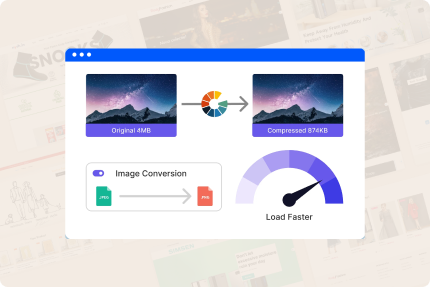
High-quality images improve user experience, but huge files slow down your site. Compress images with tools like TinyPNG or ShortPixel before uploading. Always rename files from “IMG_1234.jpg” to descriptive names like “blue-light-blocking-glasses.jpg.” Use alt text to describe the image for SEO (e.g., “woman wearing blue light glasses while working”), and choose modern formats like WebP for faster loading. Google loves fast, accessible sites!
When to Hire an SEO Marketing Agency?
You can attempt SEO yourself, but it takes a lot of work and expertise. That is when an SEO marketing agency comes in useful. Agencies understand how to:
- Make full SEO audits.
- Design personalized content strategies.
- Establish high-quality backlinks.
- Track and report performance statistics.
An SEO marketing agency can particularly benefit companies with little resources or poor performance. In selecting an agency, seek integrity, successful cases, and compatibility with your objectives.
FAQs About SEO Marketing
Q1. How long does it take to see results from SEO?
Typically 3–6 months, depending on competition, domain authority, and strategy.
Q2. What’s the difference between SEO and SEM?
SEO = organic ranking.
SEM = paid ads + SEO combined.
Q3. Is local SEO still important?
Yes! Over 46% of Google searches are local, and mobile-first indexing makes local SEO critical.
Q4. Can AI help with SEO marketing?
Absolutely. AI tools like ChatGPT, Jasper, Surfer SEO can help with content ideation, optimization, and automation.
Final Thoughts
In conclusion, mastering SEO marketing is essential for any business aiming to thrive in the digital landscape. By implementing effective strategies across on-page, off-page, and technical SEO, you can enhance your website’s visibility, build authority, and ultimately drive organic traffic that leads to conversions. Remember, while SEO may seem daunting at first, the long-term benefits far outweigh the initial effort required. Whether you choose to tackle it yourself or enlist the help of professionals, investing in SEO is a step towards achieving sustainable growth and success in today’s competitive online marketplace.
Read more: 10+ Best Free & Paid SEO Marketing Tools
Contact US | ThimPress:
Website: https://thimpress.com/
Fanpage: https://www.facebook.com/ThimPress
YouTube: https://www.youtube.com/c/ThimPressDesign
Twitter (X): https://x.com/thimpress_com

